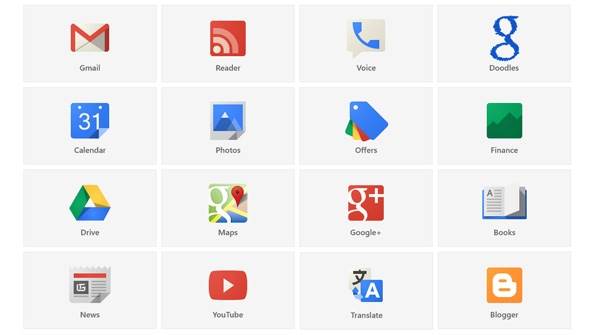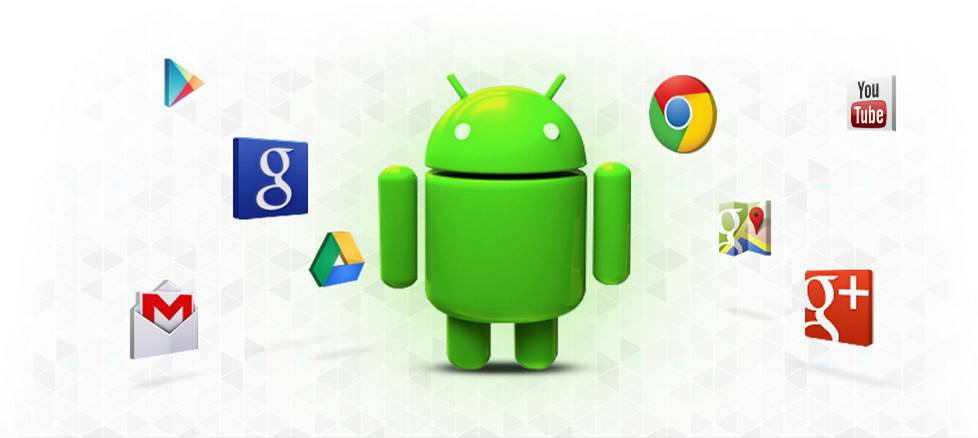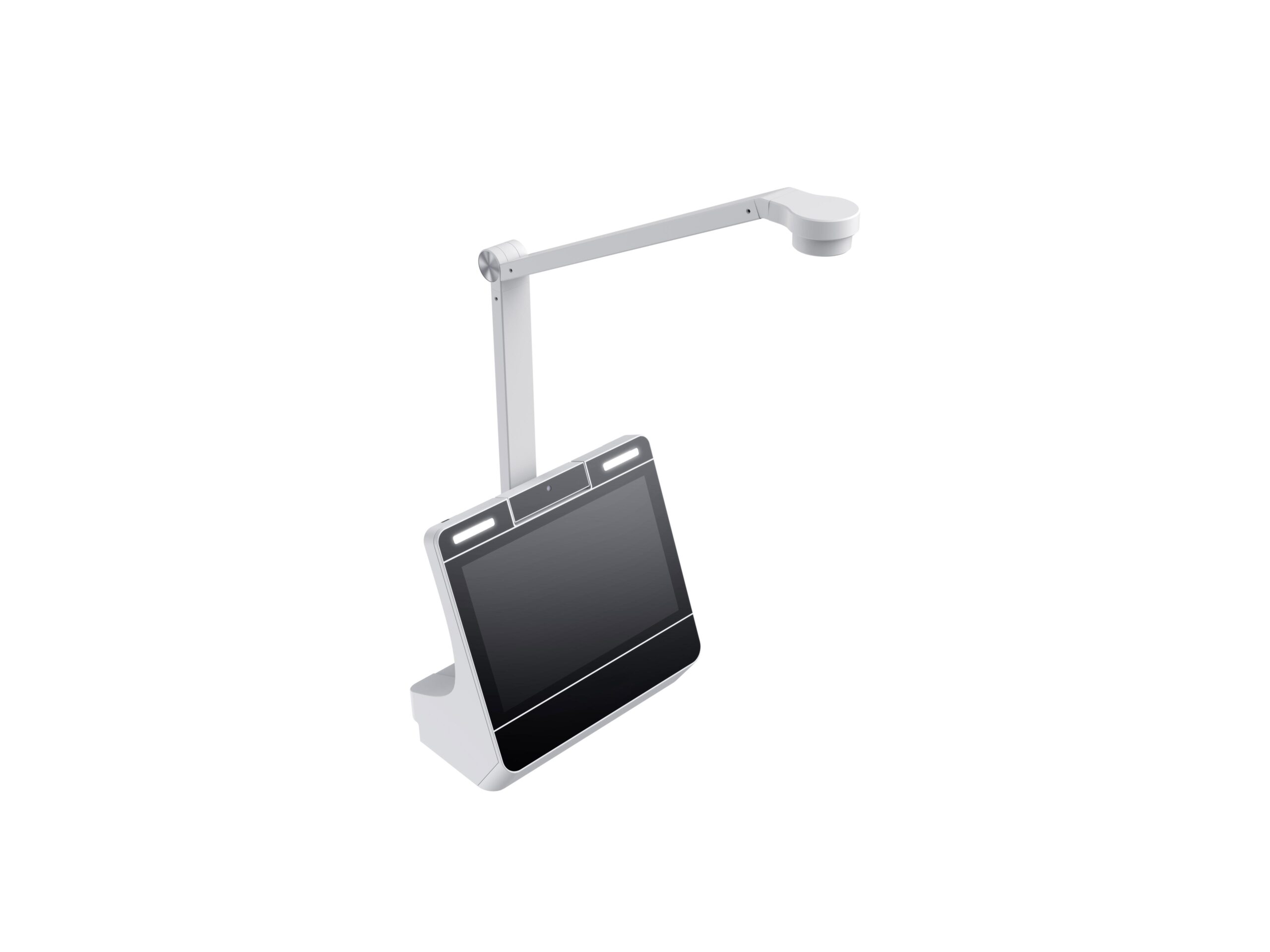Introduction note:
This summer we are going to let you know all that you have ever wanted to understand to get the GMS License and certification for your Android Device with 4 articles covering:
- Explanation on what are the GMS license and GMS certification?
- The fundamentals requirements to get your Android Tablet or Phone certified by Google
- What is the cost to get granted a GMS certification?
Your new Android Tablet or Phone is ready for mass production and you want it to run the most popular Google Apps as most Android devices do.
For this purpose, your brand should get licensed by Google first. This will allow you to install the Google Mobile Services suite of software (GMS) on your Android Phone or Tablet. In addition to having your brand certified, each model must get GMS certified prior to any retail distribution.
Here is why: while it is possible to purchase Android devices from Chinese manufacturers with the full suite of GMS apps, if you haven’t gone through the proper licensing and certification process there is a risk of legal problems, especially for brands selling into large retail channels.
Getting your GMS License isn’t an obstacle course but it’s also not an obvious path and there are a few things that you should be aware of. In our series of articles, I will provide more details about what you should know about GMS.
The most important part concerns the requirements to obtain GMS. It consists of “guidelines” such as the list of mandatory Apps to install, their positioning and other indications, that are standardized the intention of creating a great user experience for Google products.
It is not easy to get detailed and accurate information about the GMS license. The reason for this is that Google has enough resources available to work with select partners on GMS approval and there are simply too many small companies trying to sell Android products for Google to have the resources to support all of them.
So I hope this series of articles will help you by answering some common questions about GMS as well as reducing the number of emails being sent to Google (which will rarely get an answer).
With today’s article, we are going to start with the basics. First and foremost you will find below a definition of what GMS is and what it is not.
What exactly is Google Mobile Service (GMS)?
The term GMS stands for Google Mobile Services and is appointed to this suite of Google-branded apps and services developed and owned by Google.

If just like HTC, Samsung or the game-changing OnePlus you are a Brand looking to develop a device using Android OS AND the suite of application from Google you will need to obtain the GMS certification.
The challenge is that you want to be able to use it legally which is the purpose of the GMS license and certification.
GMS License and GMS Certification
The difference between the two is simple to understand:
- The GMS License (aka MADA) is the permit granted by Google to your Brand to use its suite of Apps.
- The GMS Certification is the confirmation that a specific device meets Google’s performance requirements and properly runs Google Apps.
Simply said, the GMS license is for your Brand while the certification is for your device.
You should focus your efforts on obtaining the license first as it is the first step. It is is a nontransferable and nonexclusive permit that comes with several basic restrictions. Just to quote a few:
- Your company may not create derivative works from or based on the Google Applications;.
- You are not allowed to place any advertisements during the launch process of a Google Application;
- Your license will be limited to a predefined list of territories.
- You may not fragment Android and, for your information, you will be asked to sign an Anti Fragmentation Agreement for this.
But before going more into details another distinction should be clearly established.
How is the Android Operating System related to GMS?
Android can be split into two distinct parts:
- The Android Open Source Project (AOSP) which corresponds to the Android OS and
- The Google Mobile Services that gives access to the Google-branded apps.

The first is the operating system and the second can be seen as an add-on that runs above it. The AOSP only allows OEMs and EMS to use Android on the devices that they produced and this is independent of the GMS since under a separate license.
You don’t need a GMS License to run Android OS on your device which is free! For instance, Amazon is using Android for its Fire Smartphone without any deal with Google.
However, you should keep in mind that Google is slowly moving apps and APIs from the AOSP which leaves the open source OS quite bland and obtaining GMS becomes even more advantageous.
In two weeks I will tell you more about the advantages and requirements to get certified.
For now, feel free to share your knowledge of, or experiences with the GMS certification with the other readers in the comment section below. Any additional piece of information is warmly welcomed.
Finally, I will be happy, as much as I can, to go deeper into any part of this article that you felt interested in. I answer every comment, so just let me know your questions or any other request and I will be glad to help.
Lionel BEILIN


